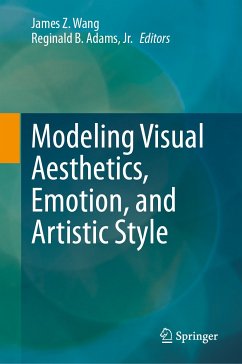The book's vast scope encompasses a broad range of topics. The initial chapters lay a strong foundation with background knowledge on emotion models and machine learning, which then transitions into exploring social visual perception in humans and its technological applications. Readers will uncover the psychological and neurological foundations of social and emotional perception from faces and bodies. Subsequent sections broaden this understanding to include technology's role in detecting discrete and subtle emotional expressions, examining facial neutrality, and including research contexts that involve children as well as adults. Furthermore, the book illuminates the dynamic intersection of art and technology, the language of photography, the relationship between breath-driven robotic performances and human dance, and the application of machine learning in analyzing artistic styles.
This book sets itself apart with its unique multidisciplinary approach, encouraging collaboration across related domains. Packed with comprehensive tutorials, theoretical reviews, novel methodologies, empirical investigations, and comparative analyses, the book offers a rich combination of knowledge and methodologies. The book's focus on cutting-edge research not only presents the latest developments in the field but also illuminates potential paths that can lead to significant advancements in computer and robotic applications.
Dieser Download kann aus rechtlichen Gründen nur mit Rechnungsadresse in A, B, BG, CY, CZ, D, DK, EW, E, FIN, F, GR, HR, H, IRL, I, LT, L, LR, M, NL, PL, P, R, S, SLO, SK ausgeliefert werden.









